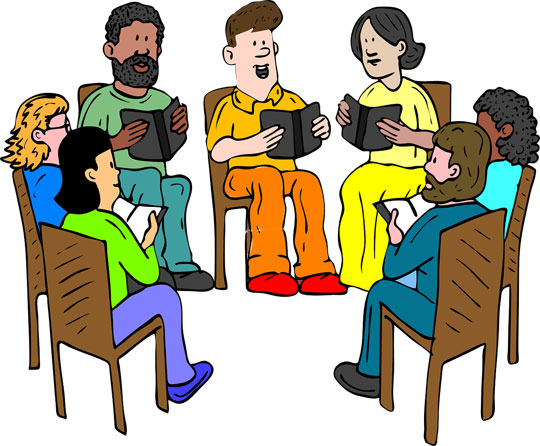
What was your favorite meal, favorite book, or favorite TV show when you were eight years old? How did you see the world? Fast forward to when you were in high school. How would your answers change? Now think about today; are your answers different?
We’d be in deep trouble if we didn’t grow up and expand our tastes, knowledge, and skills. Unfortunately for many Catholics, when it comes to faith formation, we put on the brakes after First Communion, Confirmation, or high school graduation. We as catechetical leaders share the blame. Too often we focus all our catechetical efforts on children and youth. But our Church has been emphasizing the need for adult catechesis for the past 40 years.
Beginning in 1998, three additional documents put an even greater urgency to the call for adult catechesis and also gave a blueprint. First came the General Directory for Catechesis (1998), followed within a year by Our Hearts Were Burning Within Us: A Pastoral Plan for Adult Faith Formation in the United States (1999), and then the National Directory for Catechesis (2005). All three documents set three goals for adult catechesis that have given a new meaning to the term “CCD”:
- Conversion: “invites and enables adults ‘to acquire an attitude of conversion to the Lord’”
- Community: “helps them to make ‘a conscious and firm decision to live the gift and choice of faith through membership in the Christian community’… realized in families, small faith-based communities, parishes…”
- Discipleship: “helps them to become ‘more willing and able to be a Christian disciple in the world.’” (NDC 48A1)
If you aren’t familiar with these writings, take some time to sit with them. They are short reads but give a good foundation. They remind us that the six tasks of catechesis apply to adults just as they do to youth, that “Scripture and Tradition form the basic content” and that the Catechism of the Catholic Church is the reference text.
It should not be thought that adult catechesis is important only by reason of its relationship to the catechesis of children (i.e., adults must be catechized so that they can catechize the young) or that parent and teacher education are the whole of adult catechesis…Rather, the primary reason for adult catechesis—its first and essential objective—is to help adults themselves grow to maturity of faith as members of the Church and society. The General Catechetical Directory views adult catechesis as the summit of the entire catechetical enterprise; while, from another perspective, it stands at the center of the Church’s educational mission. (Sharing the Light of Faith: National Catechetical Directory #40, 1978, U.S. Catholic Bishops)
To have success with adults we need to treat them like adults and use adult methods. Here are a few principles to keep in mind.
- Adults choose to learn and grow in their faith.
- Tell them that parent meetings are very important so that you can work together for their child’s First Reconciliation/Communion, and you are inviting a partnership.
- Recognize that some can’t make the sacrament preparation meetings due to their commitments, and have a plan to follow up that shows respect for those parents.
- The physical setting must be conducive to adult learners.
- Recognize that they bring a wealth of experience and learn best when there is an opportunity for reflection and discussion.
- Get them involved in the process. They are looking for practical ideas for real-life situations.
How are you promoting conversion, community, and discipleship in your adult catechesis?
—
Bill Smith has served as a catechetical leader for the past 35+ years in a variety of parish settings, mostly within the Archdiocese of San Antonio. Bill received his Masters in Religious Studies from the University of the Incarnate Word. He has served on a variety of archdiocesan catechetical committees and is an instructor for the archdiocesan catechist formation program. He is also a Ministry Consultant for Loyola Press.




Hello,
Since the year of mercy, I like to know what is the theme for this year 2017?